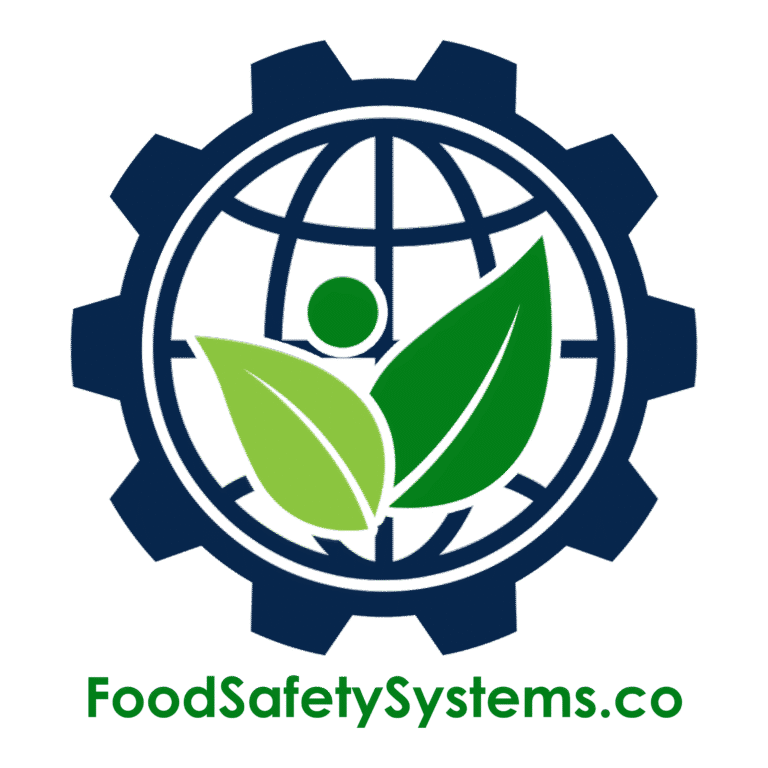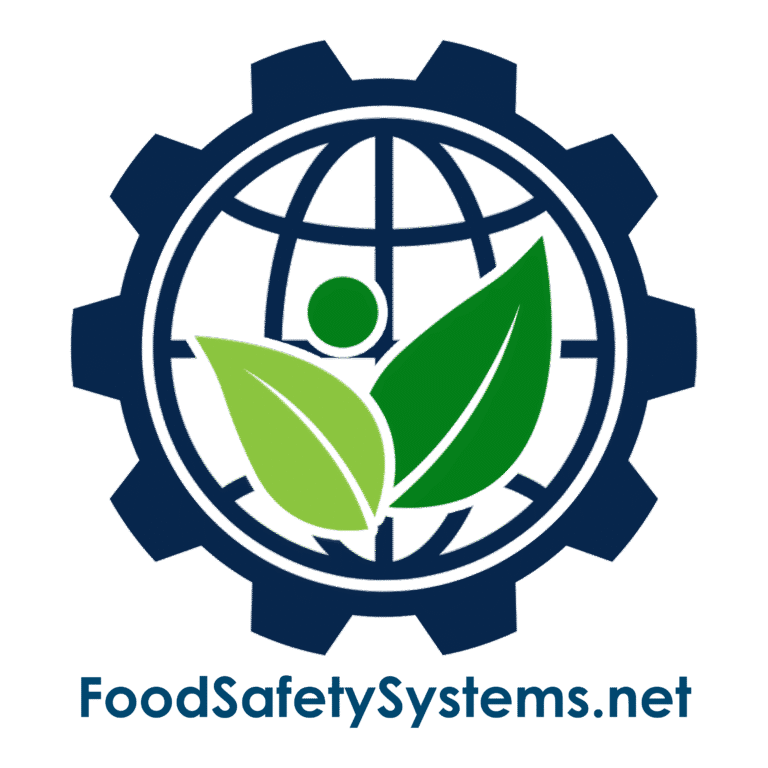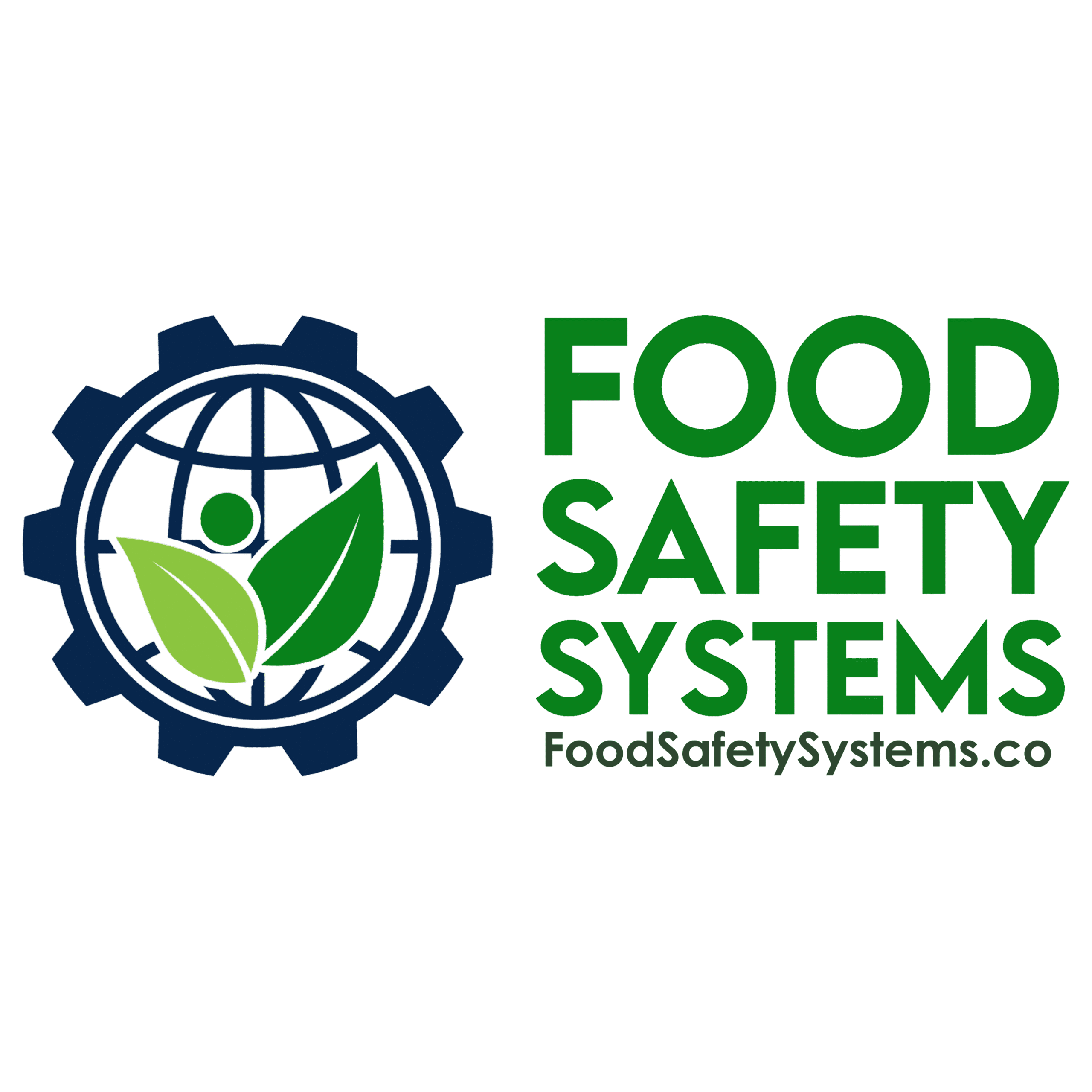Calibration and Verification of Measuring Equipment

Aligned with FSSC 22000 Requirements
Requirement Overview
FSSC 22000 requires organizations to ensure that all measuring and monitoring equipment critical to food safety, legality, or quality is properly calibrated and verified at defined intervals.
Organizations must establish documented procedures to identify, calibrate, verify, and maintain such equipment to ensure accuracy and reliability in monitoring and control activities that impact food safety and compliance.
Proper calibration ensures that measurements are accurate and dependable, helping to prevent false readings that could result in unsafe or non-compliant products.
Aligned with BRCGS for Storage & Distribution Issue 4 – Clause 4.3.1 & 4.3.3
Requirement Overview
BRCGS for Storage & Distribution requires that products moved via cross-docking are traceable and controlled at all times, even when they are not held in storage for extended periods.
Clause 4.3.1: “The company shall ensure that traceability is maintained at all stages, including during cross-docking operations.”
Clause 4.3.3: “Procedures shall be in place to ensure that all products handled, including those not stored on-site, remain under control and are not subject to contamination or substitution.”
Cross-docking operations must not compromise product traceability, safety, or integrity. Even with minimal handling and temporary presence, each product must be accurately identified, documented, and protected.

Key Compliance Objectives
-
✓ Identify all equipment used for food safety and quality monitoring
✓ Ensure calibration is performed by competent personnel or approved service providers
✓ Verify measuring equipment accuracy at planned intervals
✓ Maintain complete calibration records and address non-conformances promptly
Step-by-Step Compliance Implementation
1. Identify Critical Measuring Equipment
-
Examples Include:
-
• Thermometers, scales, metal detectors, pH meters, checkweighers
• Any device used to monitor CCPs or legal compliance
Evidence to Maintain:
-
• Equipment inventory list with unique ID numbers
• Documentation linking equipment to CCPs or quality checks
• Equipment specification sheets
- • Thermometers, scales, metal detectors, pH meters, checkweighers • Any device used to monitor CCPs or legal compliance
- • Equipment inventory list with unique ID numbers • Documentation linking equipment to CCPs or quality checks • Equipment specification sheets
2. Define Calibration & Verification Procedures
-
Procedure Should Cover:
-
• Calibration frequency and acceptable tolerance limits
• Methods of calibration (internal or external)
• Requirements for traceability to recognized standards
Evidence to Maintain:
-
• Calibration SOPs
• Service provider certifications or traceability certificates
• Internal verification logs and methods
- • Calibration frequency and acceptable tolerance limits • Methods of calibration (internal or external) • Requirements for traceability to recognized standards
- • Calibration SOPs • Service provider certifications or traceability certificates • Internal verification logs and methods
3. Schedule and Perform Calibration Activities
-
Execution Requirements:
-
• Based on equipment risk and usage frequency
• Performed only by trained or qualified personnel
• Out-of-tolerance equipment must be tagged and removed from use
Evidence to Maintain:
-
• Calibration schedule and status log
• Tagged or quarantined non-compliant equipment
• Completed calibration reports with pass/fail status
- • Based on equipment risk and usage frequency • Performed only by trained or qualified personnel • Out-of-tolerance equipment must be tagged and removed from use
- • Calibration schedule and status log • Tagged or quarantined non-compliant equipment • Completed calibration reports with pass/fail status
4. Conduct Regular Verifications
-
Verification Methods May Include:
-
• Ice-point or boiling-point checks for thermometers
• Use of certified test weights for scales
• Internal performance checks for metal detectors
Evidence to Maintain:
-
• Verification logs with date, method, and outcome
• Calibration/verification certificates signed and dated
• CAPA logs if equipment is found out of spec
- • Ice-point or boiling-point checks for thermometers • Use of certified test weights for scales • Internal performance checks for metal detectors
- • Verification logs with date, method, and outcome • Calibration/verification certificates signed and dated • CAPA logs if equipment is found out of spec
Common Audit Findings & Recommended Fixes
| Audit Finding | Recommended Action |
|---|---|
| No calibration procedure in place | Develop and document a formal calibration & verification SOP |
| Inadequate calibration frequency | Adjust schedules based on risk and manufacturer recommendations |
| Missing or expired calibration certificates | Maintain a central log with updated records and supplier credentials |
| Equipment used despite failed calibration | Implement quarantine tagging and alternative equipment protocols |
Auditor Verification Checklist
During an FSSC 22000 audit, expect to provide:
-
• A documented calibration and verification SOP
• An up-to-date calibration schedule
• Calibration and verification records for all critical equipment
• Certificates of calibration traceable to recognized standards
• Evidence of corrective actions for any out-of-spec results
Implementation Roadmap
Build Your Program
-
✓ Create an equipment inventory and risk categorization
✓ Develop a calibration and verification SOP
Train and Execute
-
✓ Assign trained personnel or approved service providers
✓ Calibrate equipment on schedule and document results
Monitor and Record
-
✓ Track verification results and trends
✓ Immediately remove or tag out-of-tolerance equipment
Improve Continuously
-
✓ Review non-conformance trends
✓ Update calibration procedures based on operational changes
Why This Matters?
-
✓ Ensures reliability of critical food safety and quality measurements
✓ Prevents production of unsafe or non-compliant products
✓ Reduces audit and regulatory risk
✓ Demonstrates operational control and technical competency
Support Tools Available
Food Safety Systems provides:
-
✓ Calibration and verification SOP templates
✓ Equipment inventory and scheduling spreadsheets
✓ Training guides for internal verification procedures
✓ Audit-ready logs and non-conformance forms
Privacy Policy | Terms of Service
Powered by interlinkIQ.com, Developed by ITBlaster.net, Owned and Operated by Consultare Inc. Group, A Compliance Company. All Rights Reserved.







